Fotoreportage: de Ocean Grazer
Met de Ocean Grazer ontwikkelt de RUG samen met Ocean Grazer BV een systeem om energie op zee te ‘oogsten’ en op te slaan. De Ocean Grazer haalt op het wateroppervlak via een ingenieus systeem van adaptieve boeien, die samen een soort deken vormen, energie uit golven. De boeien drijven op hun beurt zuigers aan die een balg op de zeebodem van potentiële energie voorzien. Intern verpompt het systeem water van een lage naar een hoge druk. Het drukverschil zorgt voor energieopslag in het verpompt water. In combinatie met windturbines benut de Ocean Grazer meerdere energiebronnen tegelijk, met opslag ter plekke. Marijn van Rooij, projectleider onderzoek bij de Ocean Grazer: ‘We kunnen wereldwijd in principe genoeg duurzame energie opwekken, maar energie opslaan en inzetten wanneer het ons uitkomt is nog een puzzel. Bij de Ocean Grazer kan dat wel.’
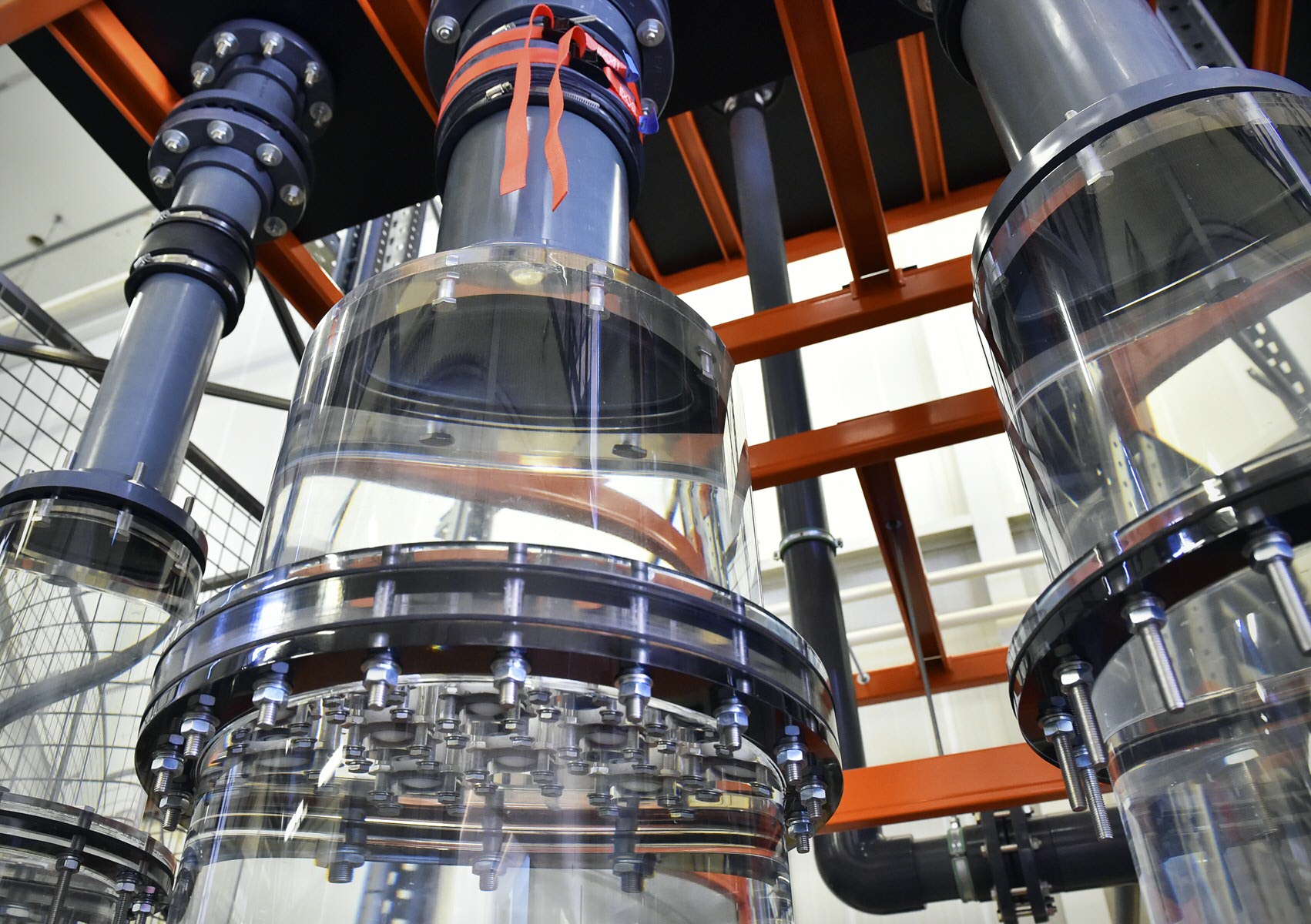
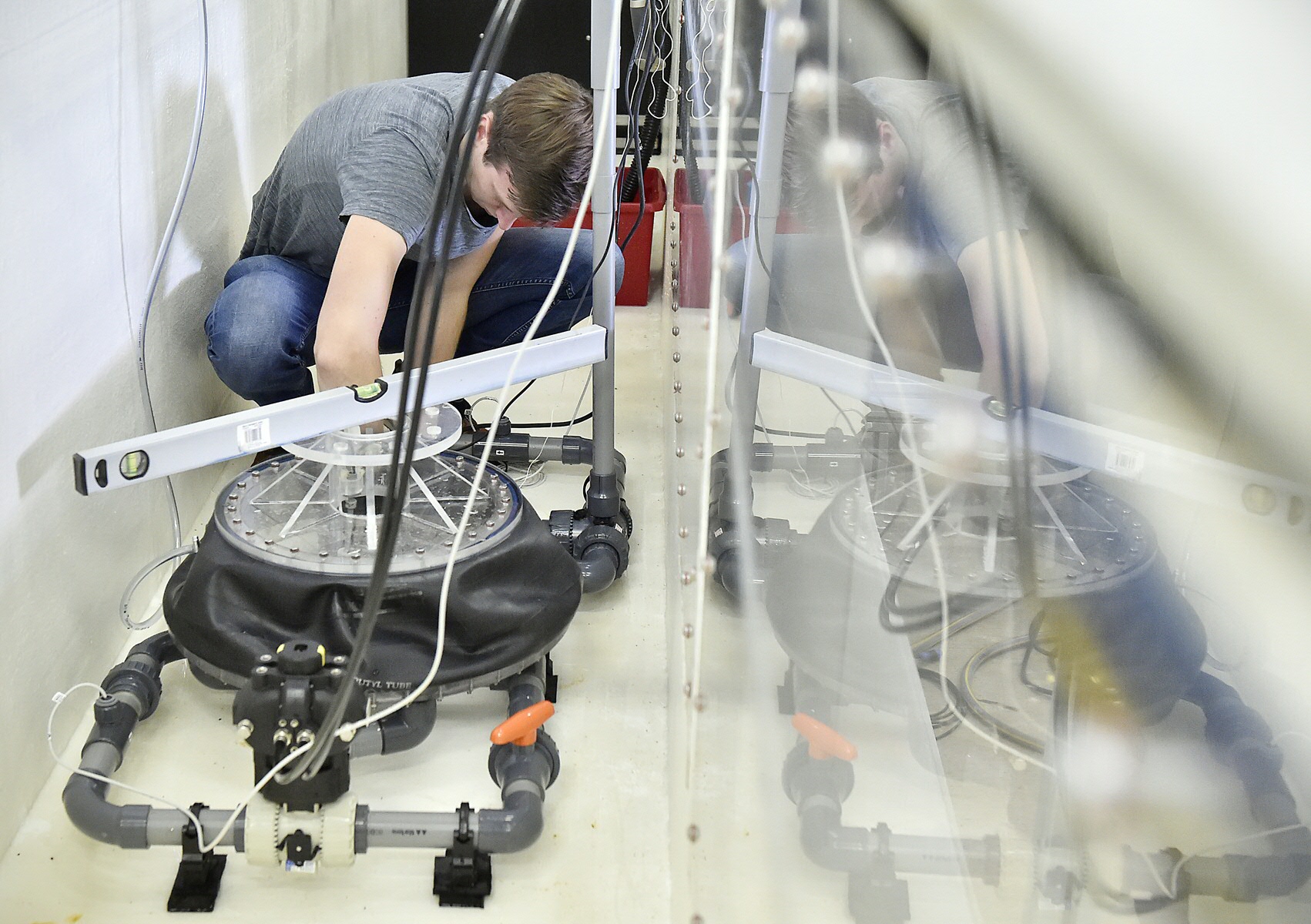
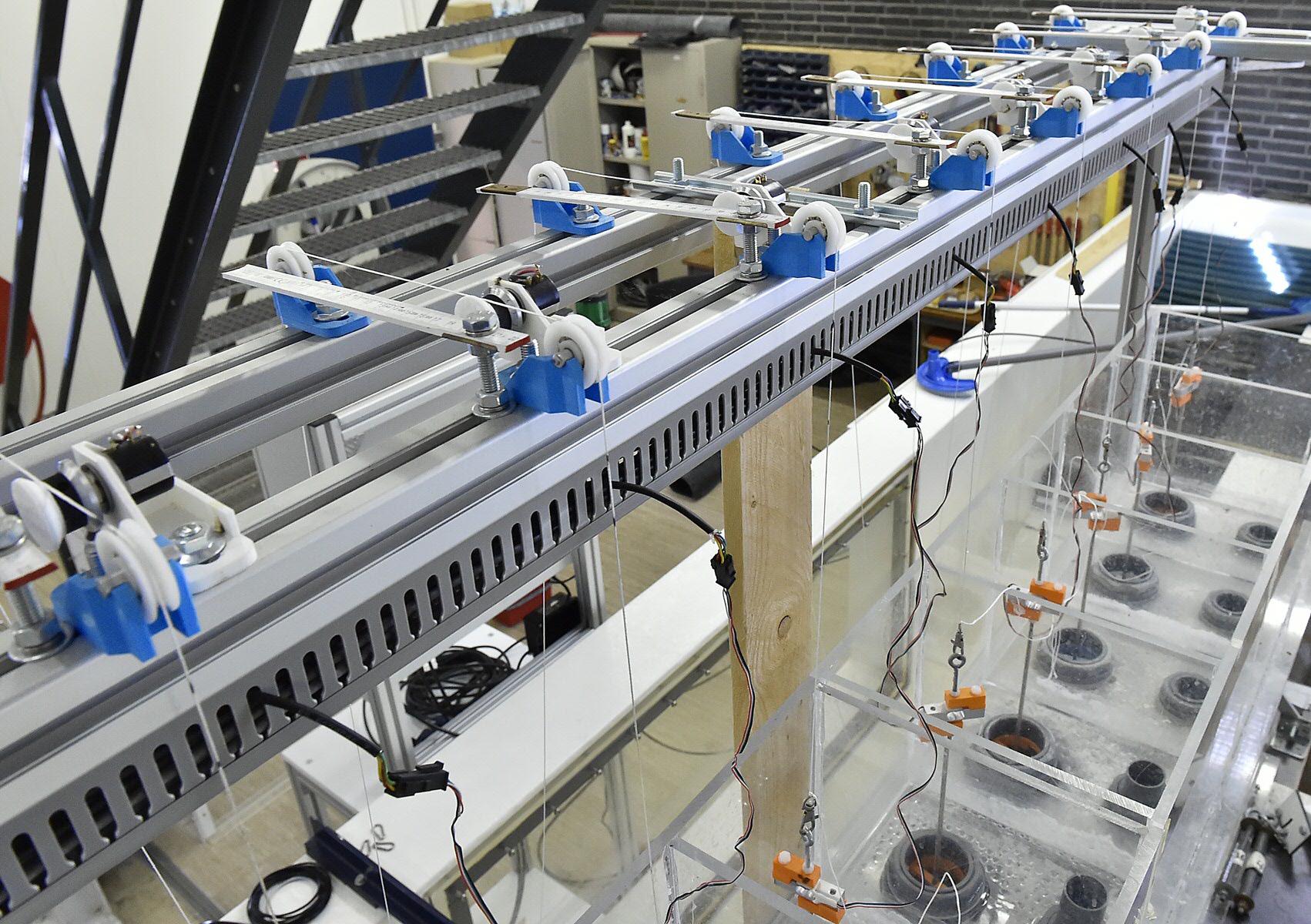
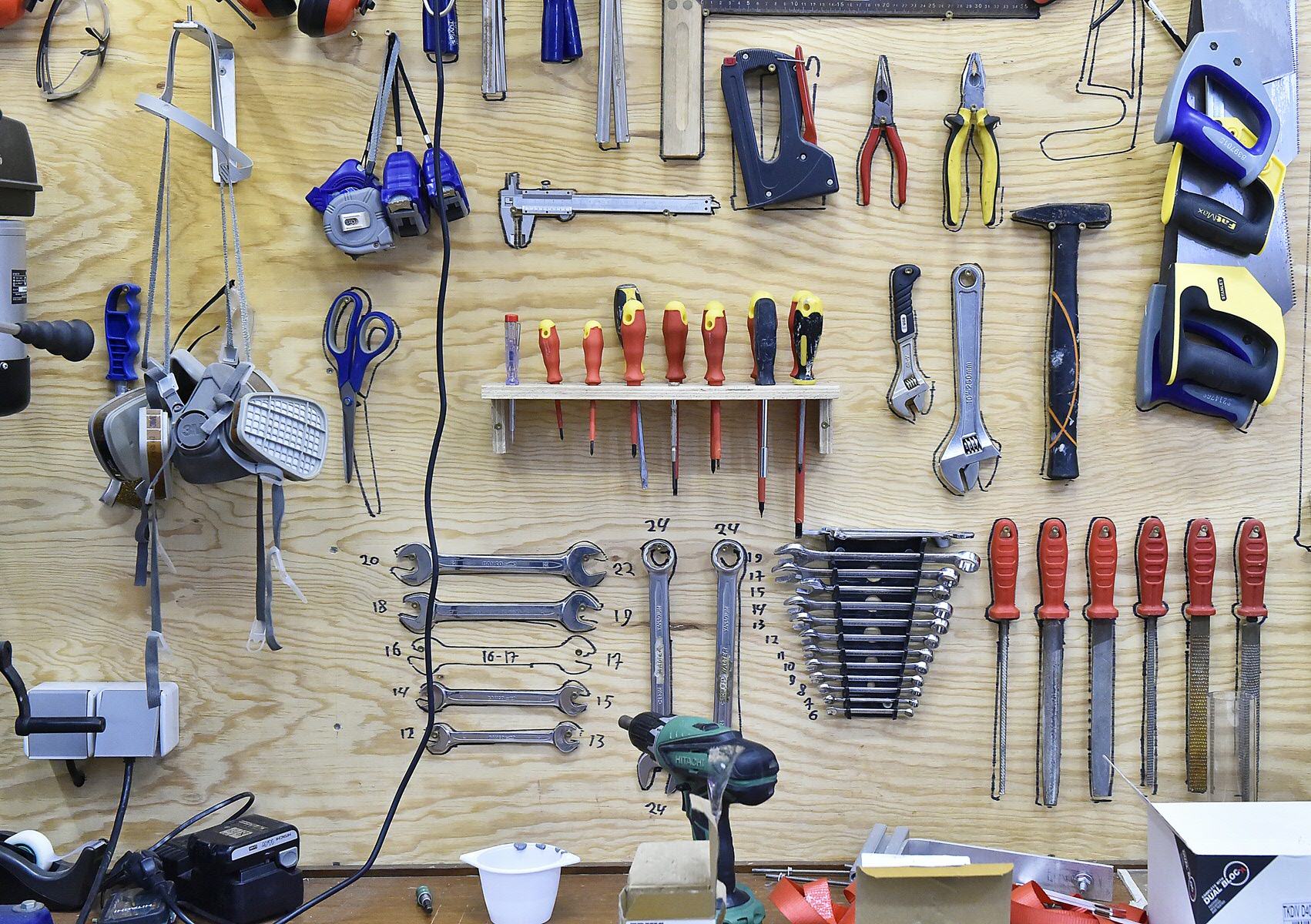
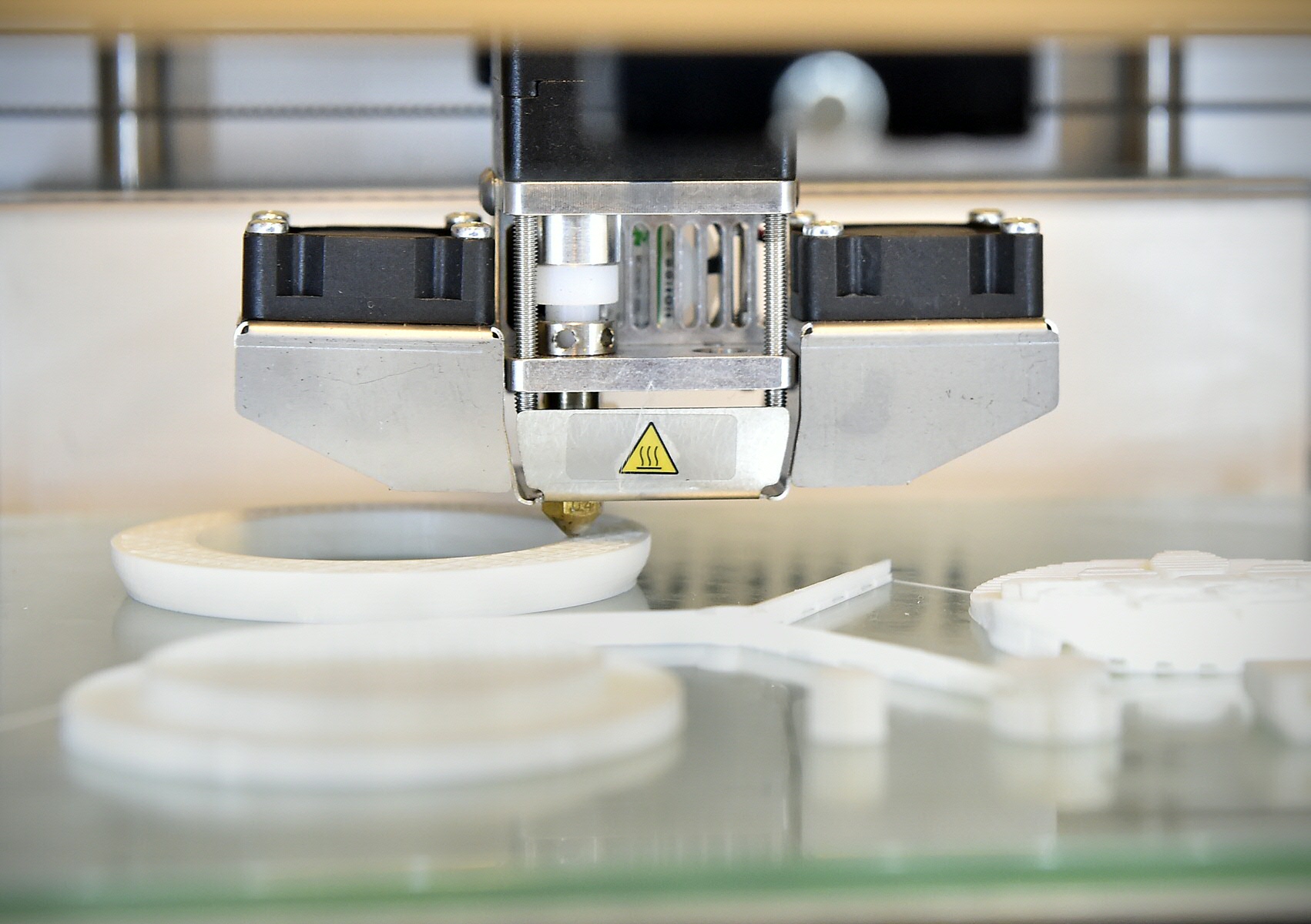
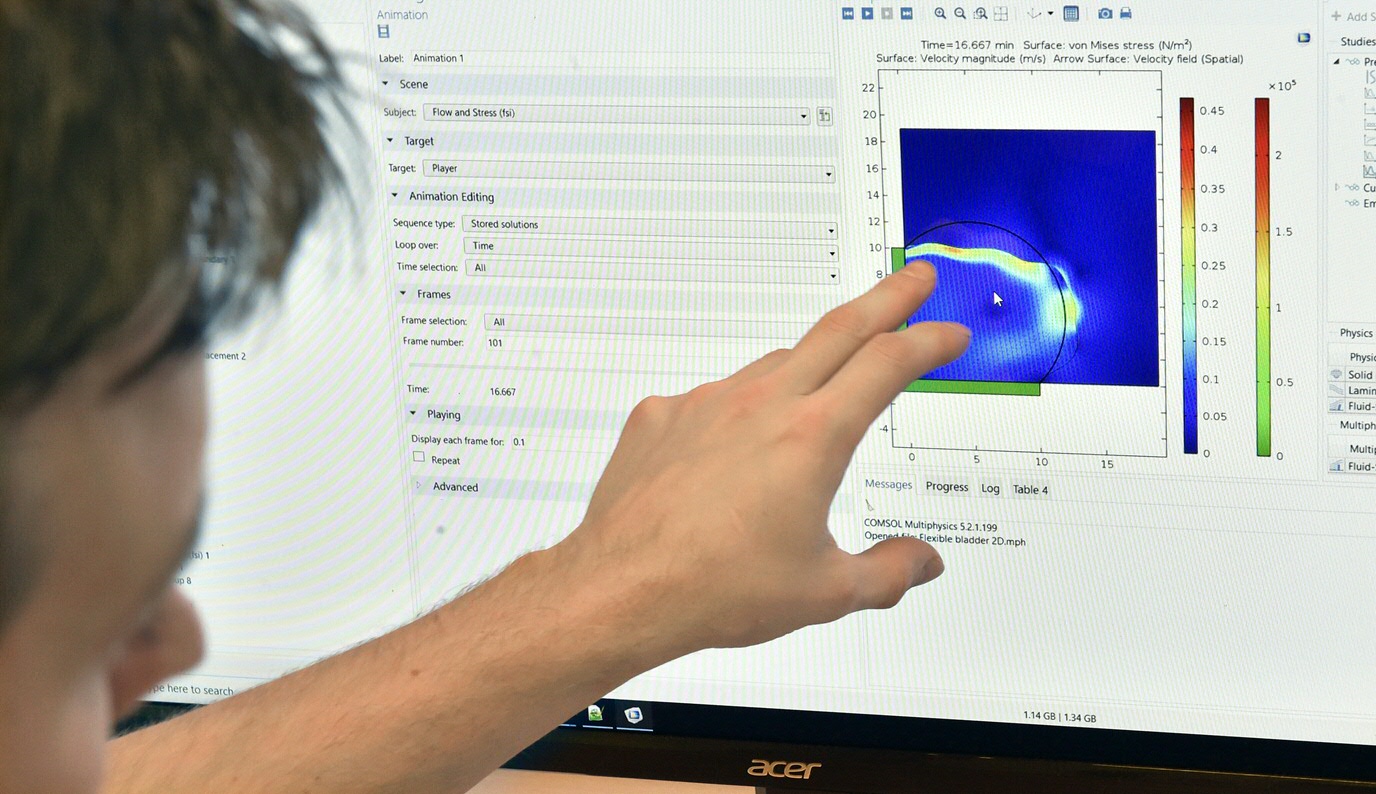
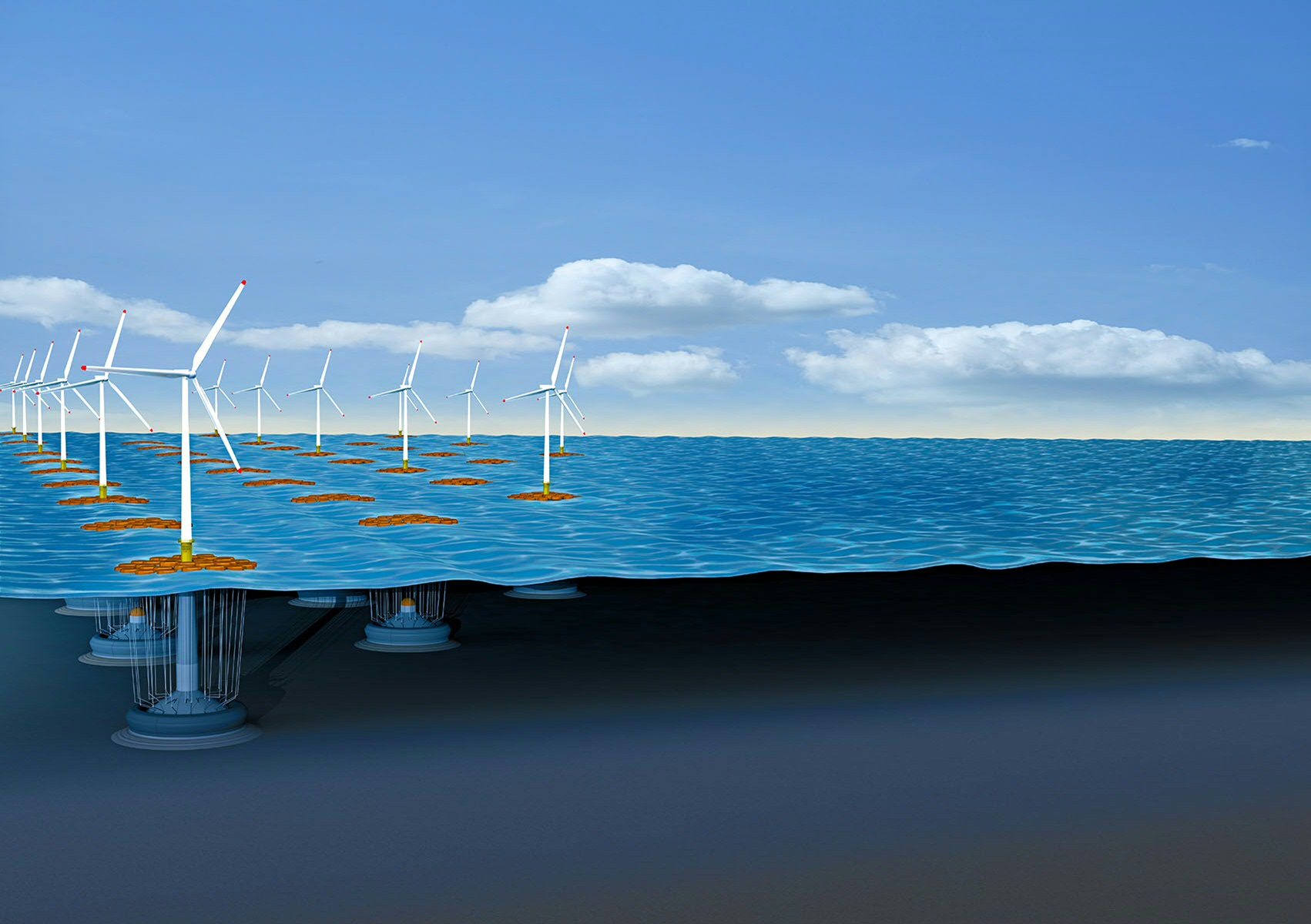
In de afgelopen vier jaar hebben zo’n zestig studenten bijgedragen aan onderzoek en ontwikkeling. ‘Het mooie is dat dit niet alleen fundamenteel is, maar dat we alles direct in de praktijk kunnen uitwerken en testen. Engineering in optima forma!’ Voorlopig sleutelt het team nog even verder. Van Rooij verwacht dat een uiteindelijke versie met een voet van zestig meter in diameter en vijftig tot honderd meter waterdiepte over een jaar of tien golven en wind om kan zetten in energie. Het opslagsysteem werkt ook afzonderlijk en kan daardoor al eerder zijn weg naar de markt vinden.
Deze fotoreportage (foto's van Elmer Spaargaren) geeft een beeld van het werk aan de Ocean Grazer. Meer informatie vindt u op de website van de Ocean Grazer.
Meer nieuws
-
17 februari 2026
De lange zoektocht naar nieuwe fysica
-
10 februari 2026
Waarom slechts een klein aantal planeten geschikt is voor leven
